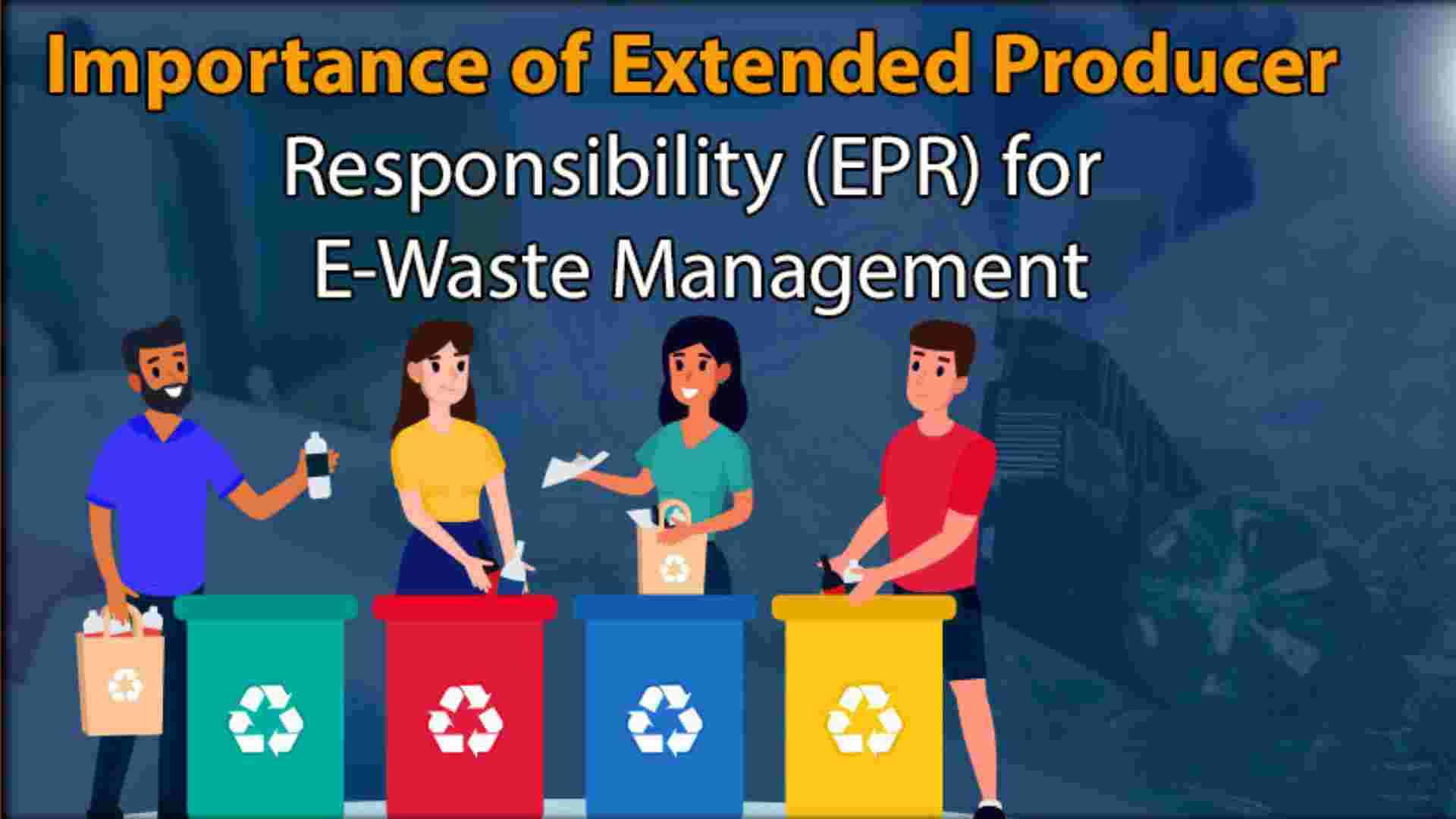![]()
Ensuring DGFT Collaborates for E-waste Sustainability with Environmental Agencies in India
In the contemporary era, the surge in technological advancements has led to an unprecedented increase in electronic waste (e-waste) generation. Addressing this global concern requires a concerted effort from regulatory bodies, with collaboration between the Directorate General of Foreign Trade (DGFT) and environmental agencies playing a pivotal role in India. This blog explores the comprehensive approach DGFT Collaborates for E-waste Sustainability adopted with environmental agencies to regulate and monitor e-waste export from India.
1. Understanding the E-waste Challenge:
The first step in addressing any issue is acknowledging its scope and impact. DGFT collaborates with environmental agencies to gather data and insights on the current state of e-waste generation in India. This collaborative effort enables a more accurate assessment of the e-waste landscape, helping shape effective policies and regulations.
2. Policy Formulation and Alignment:
DGFT works closely with environmental agencies to formulate policies that align with global standards for e-waste management. This collaboration ensures that regulations are comprehensive, covering the complete life cycle of electronic products, from manufacturing to disposal. By harmonising policies, India aims to contribute to international efforts in mitigating the environmental impact of e-waste.
3. Monitoring and Enforcement:
To prevent illegal or unregulated e-waste export, DGFT collaborates with environmental agencies to establish robust monitoring mechanisms. This involves the use of advanced tracking systems and coordination with customs authorities to scrutinise shipments. By leveraging technology and real-time data, the collaborative effort enhances the effectiveness of enforcement measures.
4. Capacity Building and Awareness:
DGFT and environmental agencies work hand in hand to improve the potential of stakeholders involved in the e-waste management process. Training programs, workshops, and awareness campaigns are conducted to educate exporters, importers, and relevant authorities about the importance of responsible e-waste management. This collaborative approach fosters a culture of compliance and sustainability.
5. Research & Innovation:
Research and innovation serve an essential role in developing sustainable solutions. DGFT Collaborates for E-waste Sustainability with environmental agencies to encourage research initiatives and the adoption of innovative technologies that can reduce the environmental impact of e-waste. This joint effort fosters a culture of continuous improvement and adaptation to evolving challenges.
6. International Collaboration: DGFT Collaborates for E-waste Sustainability
Recognising that e-waste is a global challenge, DGFT Collaborates with international environmental agencies and organisations for E-waste Sustainability. This collaboration facilitates the exchange of best practices, information, and technology, contributing to a more holistic and globally aligned approach to e-waste management.
7. Periodic Review and Adaptation:
The dynamic nature of technology and consumption patterns necessitates periodic reviews of e-waste management policies. DGFT, in collaboration with environmental agencies, conducts regular assessments to identify gaps and areas for enhancement. This adaptive approach ensures that regulations remain relevant and effective in the face of evolving challenges.
Conclusion: DGFT Collaborates for E-waste Sustainability
In conclusion, DGFT’s collaboration with environmental agencies in India signifies a commitment to a comprehensive and sustainable approach to e-waste management. By addressing the issue at various levels, from policy formulation to international collaboration, India aims to create a model for responsible e-waste management that aligns with global environmental goals. Through ongoing collaboration and adaptability, the country is poised to make significant strides in mitigating the environmental impact of e-waste export.





